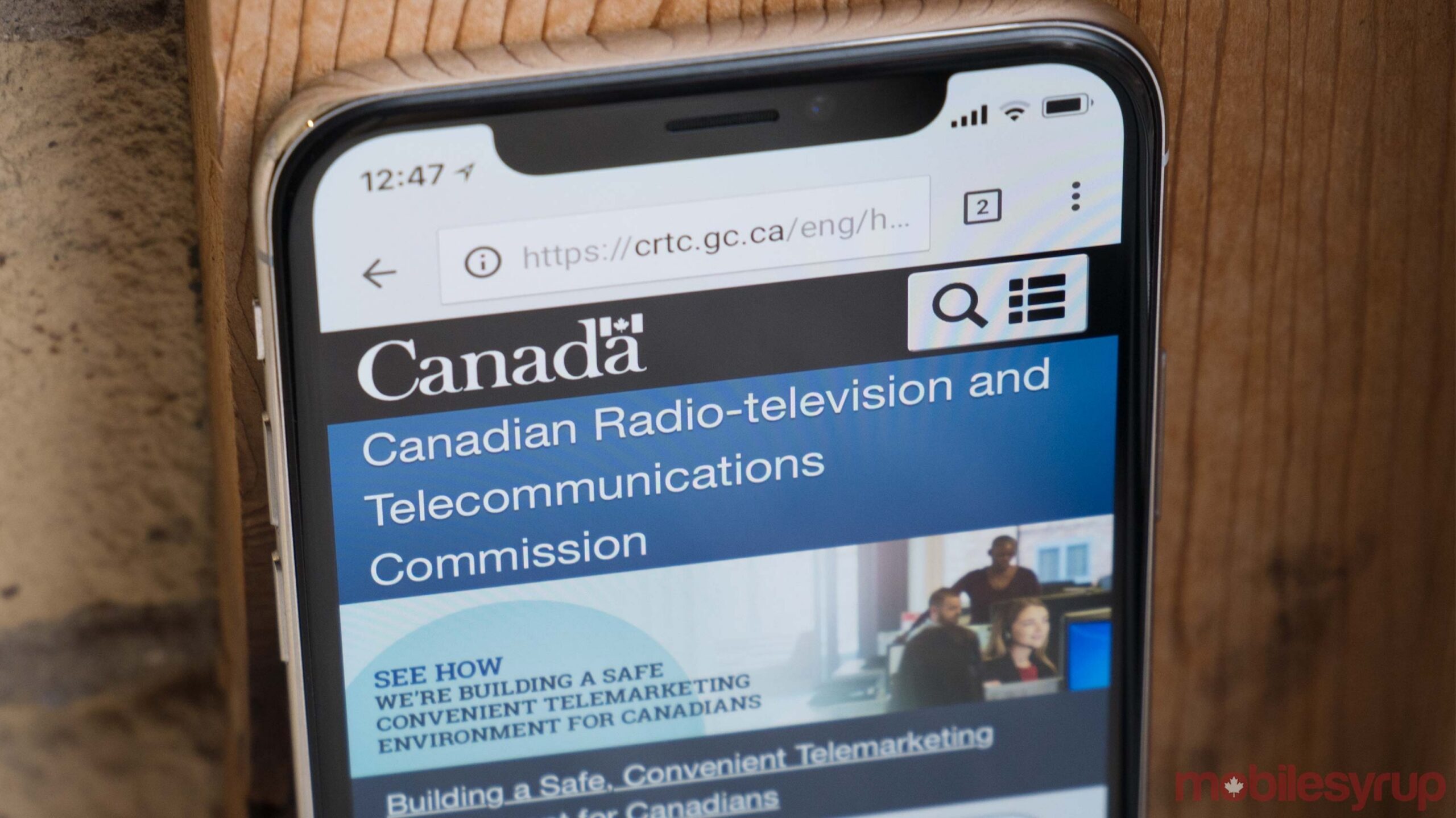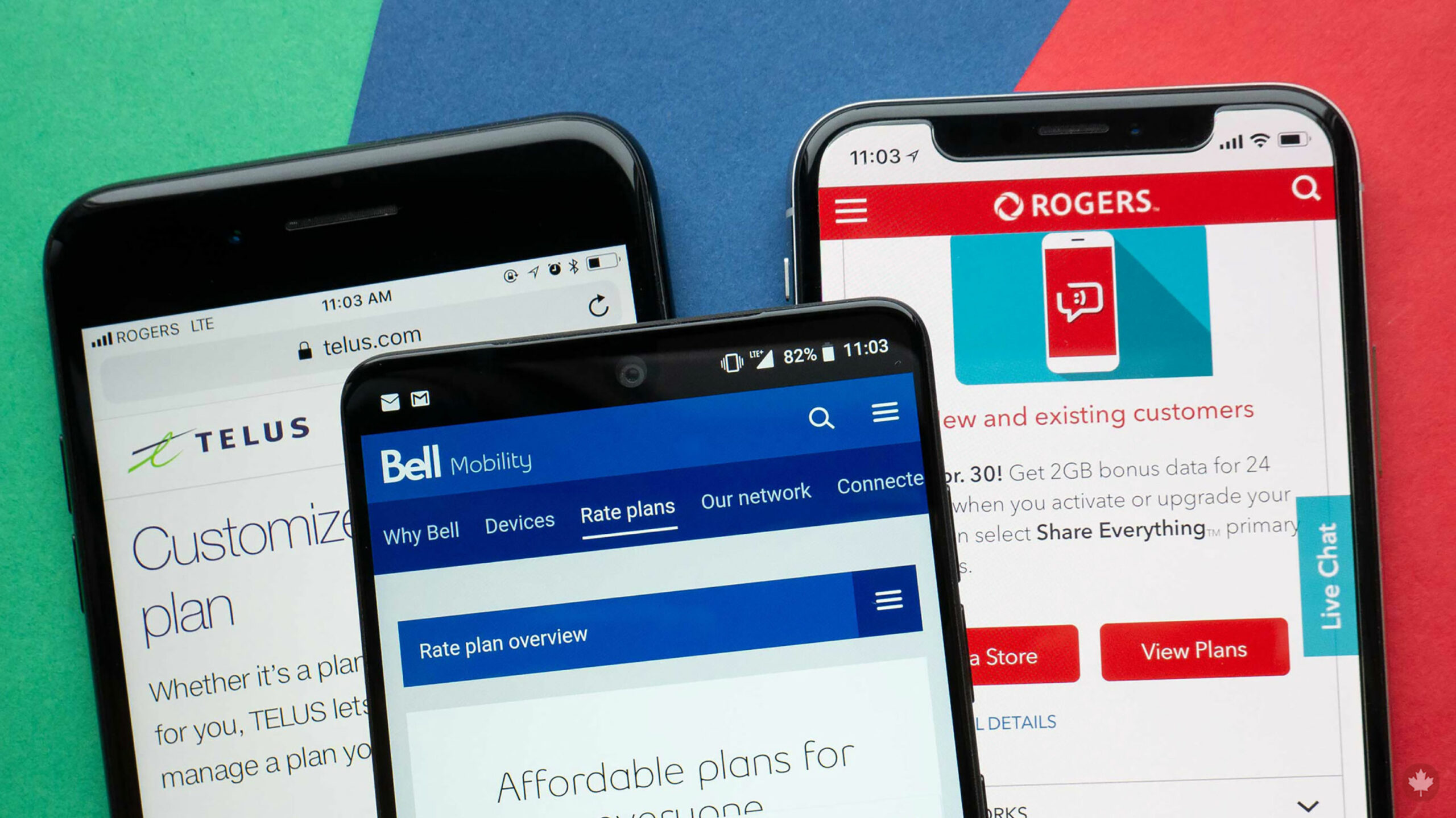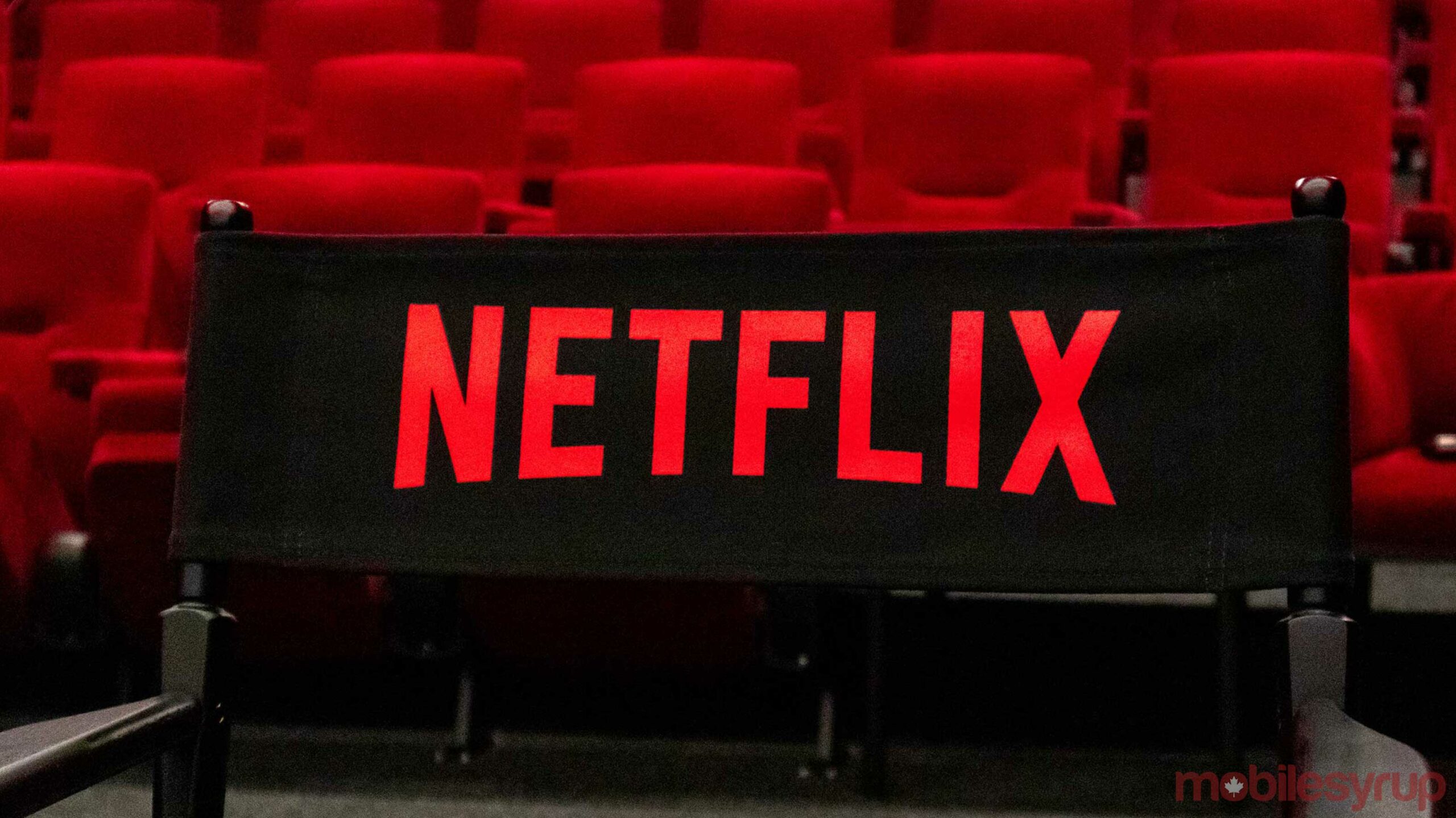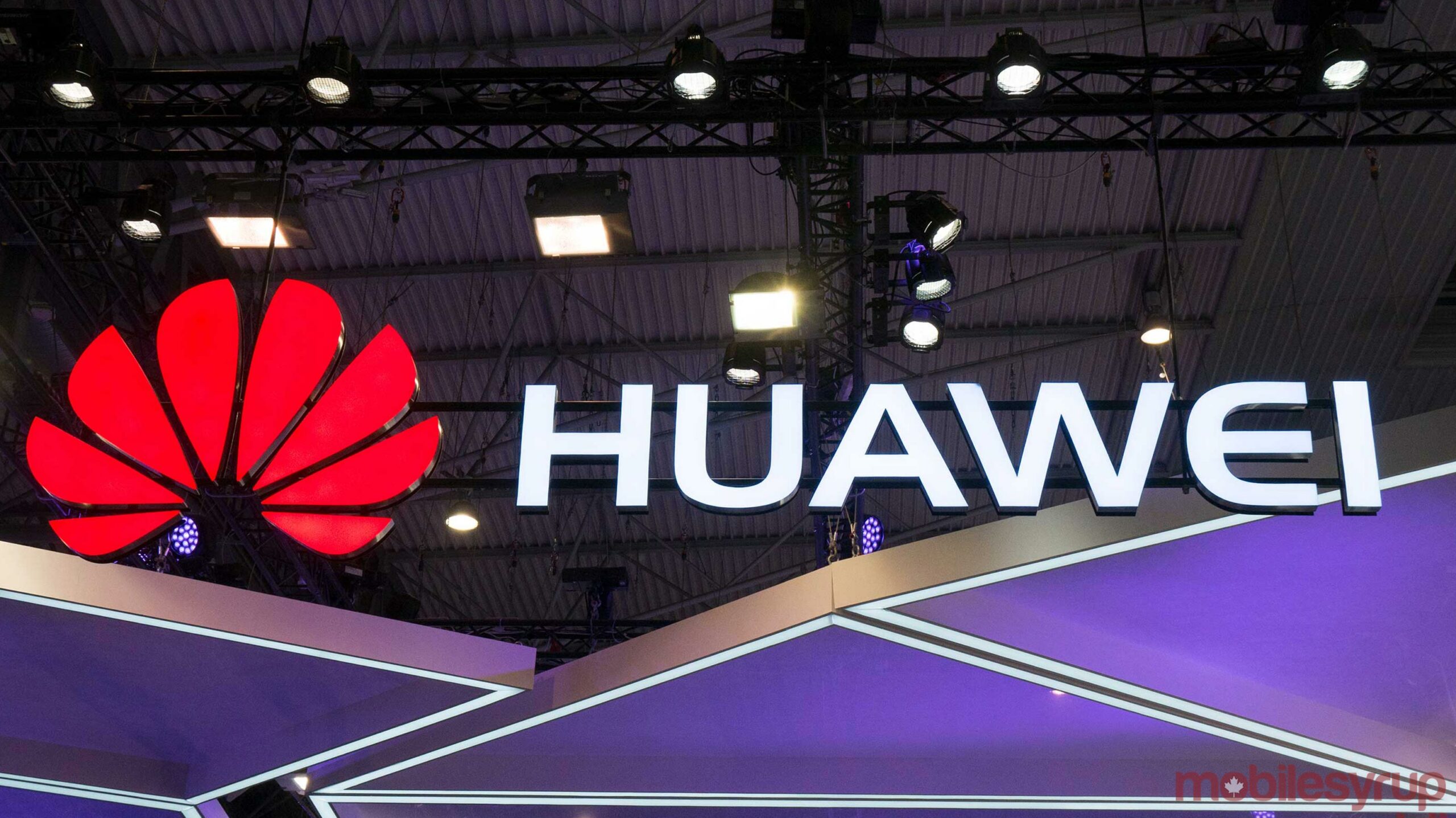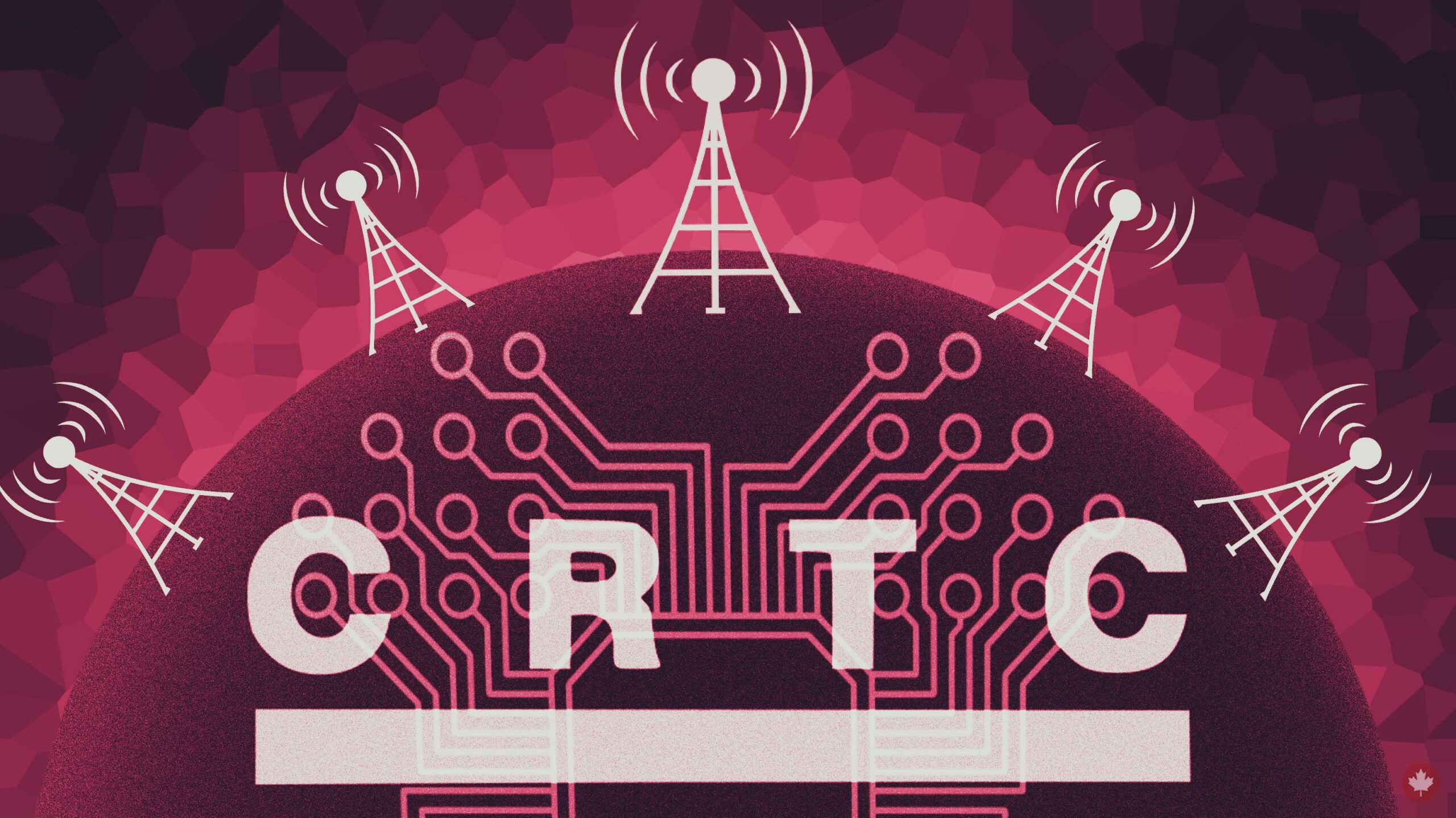
The Canadian Radio-television and Telecommunications Commission (CRTC) kicked off major telecom news for the year when it held hearings for its review of mobile wireless services in February.
Despite the world being turned upside down shortly after, telecom news didn’t stop amid the COVID-19 pandemic. There were numerous noteworthy things, such as initial 5G network launches, new legislation and calls for reformed privacy laws amid the growing digital sector.
There was quite a lot of telecom news in Canada this past year, so here’s a round-up of a few of the most important stories that will continue into 2021.
CRTC review of mobile wireless services
The CRTC held hearings regarding its review of mobile wireless services in mid-February, and one of its main focuses was to determine whether Mobile Virtual Network Operators (MVNOs) should have mandated access to the Big Three’s (Rogers, Bell and Telus) networks.
As a refresher, MVNOs are providers that don’t have an established network, and instead rent access to existing networks.
Rogers, Bell and Telus all argued that mandated MVNO access would have negative consequences on the industry. The carriers argued that the Canadian mobile wireless industry is already competitive and that there isn’t a need for mandated MVNO access. Additionally, the carriers said that facilities-based competition is the right policy and has worked so far.
However, smaller carriers such as TekSavvy and Distributel argued that the mobile wireless market’s current state doesn’t meet consumers’ needs.
5G network rollouts
2020 saw the Big Three launch their initial 5G networks. Rogers was the first Canadian carrier to launch its 5G network in January. Montreal-based national carrier Bell followed suit in June, and Vancouver-based Telus launched its 5G network a week later.
Toronto-based Rogers is solely partnered with Ericsson as its 5G vendor. Bell is partnered with Nokia and Ericsson, whereas Telus is partnered with Nokia, Ericsson and Samsung.
Considering the federal government has yet to make a decision regarding its Huawei security review, which will determine whether the Chinese company will be allowed to participate in the rollout of 5G, the carriers had to move ahead without it.
Canadians won’t see the blazing-fast speeds that 5G promises until the 3.5GHz spectrum is auctioned off in June 2021 and then deployed in the next few years. The carriers are currently offering 5G service by adding 5G channels on top of their existing LTE core. It’s worth noting that Rogers began rolling out its standalone 5G network in four cities in mid-December.
With current networks, users can expect to see a 10 to 15 percent increase in speeds. It’ll be some time before Canadians will be able to see the full potential of the next generation of wireless technology.
Privacy amid the growing digital age
As the COVID-19 pandemic forced several tasks and services to move online, 2020 saw a growing call for adequate privacy laws. In his annual report, Privacy Commissioner Daniel Therrien cited an urgent need for law reform.
Therrien said that the pandemic raised new privacy issues in a context where federal laws don’t provide effective protection and argued that Canada has fallen behind other countries regarding privacy laws.
A month after the report was released, Innovation Minister Navdeep Bains introduced the proposed Digital Charter Implementation Act to modernize Canadian privacy laws. The new legislation is focused on providing transparency for Canadians and hefty fines for organizations.
If the bill is passed, companies could face fines of up to five percent of their revenue or $25 million for not complying with laws. It also gives the privacy commissioner order-making powers, including the ability to force a company to comply with laws. The act also gives the commissioner the power to order a company to stop collecting data or using personal information.
Further, with the launch of the federal government’s COVID Alert exposure notification app, numerous Canadians had privacy concerns. However, Commissioner Therrien’s office reviewed the app and determined that proper safeguards have been put in place to protect its users’ privacy.
Wholesale rates
2020 saw the continuation of the wholesale rates saga, which will extend into 2021. As a refresher, in August 2019, the CRTC lowered wholesale rates that larger carriers can charge internet service providers (ISPs) and also ordered them to make retroactive payments to compensate for the previously higher rates.
Towards the end of last year, Rogers, Shaw Communications, Eastlink, Cogeco, and Vidéotron in a joint venture, and Bell independently, appealed the regulatory decision. The Federal Court then suspended the wholesale rates decision until final judgement.
On September 10th, 2020, the Federal Court of Appeal dismissed the incumbents’ appeals. The incumbents had argued that the CRTC erred in law or jurisdiction, but the court ruled that it did not find evidence for this claim.
By denying the appeals, the court removed the stay. However, the CRTC granted the incumbents’ stay request and held off on implementing the lowered whole rates until it completes the process of the review and various applications filed by the carriers, which is one of the three avenues that the incumbents took to appeal the rates.
In November, the incumbents then appealed to the Supreme Court to overturn the Federal Court of Appeal’s September decision that upheld the lowered rates. The Supreme Court will now decide if it will hear the case and consider overturning the Federal Court of Appeal’s ruling.
New legislation regarding digital giants
In November, Heritage Minister Steven Guilbeault tabled a proposed bill amending the Broadcasting Act that would give the CRTC new flexible powers to regulate online platforms. The legislation could essentially force services like Netflix and Spotify to support Canadian content.
The government noted that if the CRTC requires online broadcasters, such as Netflix and Spotify, to contribute to Canadian content at a similar rate to traditional broadcasters, then their contributions to Canadian music and stories could amount to up to $830 million by 2023.
The act gives the CRTC power to impose fines on broadcasters for violations. Fines could be up to $25,000 for a first offence and $50,000 for subsequent offences.
A few weeks after this bill was tabled, the federal government outlined a plan to force multinational technology companies like Netflix and Amazon to collect HST and GST on services sold to Canadians.
The new changes are scheduled to go into effect on July 1st, 2021. The government notes that the measure will increase federal revenues by $1.2 billion over five years.
Finance Minister Chrystia Freeland stated that this will ensure that digital corporations pay their fair share just like any other company operating in Canada. However, experts have said that this new tax will lead to price increases for consumers for things like Netflix and Spotify.
Other noteworthy headlines
SpaceX’s Starlink made headlines this year as it applied for a Canadian telecom licence in June, which was approved by the CRTC in October. The company then received regulatory approval from the federal government in November, after which it began sending out invitations for its beta program in Canada.
Starlink aims to leverage an extensive network of hundreds of low-Earth-orbit (LEO) satellites to provide high-speed internet across parts of the U.S. and Canada. For some rural Canadians, Starlink may finally be the way for them to get high-speed internet at reasonable rates. As we head into 2021, we’ll learn more about the service with a possible widespread public rollout.
Further, as mentioned earlier, the federal government has yet to make a decision regarding its Huawei 5G security review. As for the company’s CFO’s extradition trial, the latest developments suggest that Meng Wanzhou may be in talks with the U.S. government regarding a deal that would set her free in exchange for admitting criminal wrongdoing.
Lastly, 2020 saw the federal government release the first and second reports tracking its promise to reduce wireless phone plans by 25 percent. The most recent report revealed slow progress towards the goal, but did outline that midrange plan prices have fallen between 8 to 10 percent mainly due to promotional pricing.
All of the stories mentioned above will continue to develop in 2021 as carriers continue their 5G rollouts and the government starts to apply its new legislation.
MobileSyrup may earn a commission from purchases made via our links, which helps fund the journalism we provide free on our website. These links do not influence our editorial content. Support us here.

